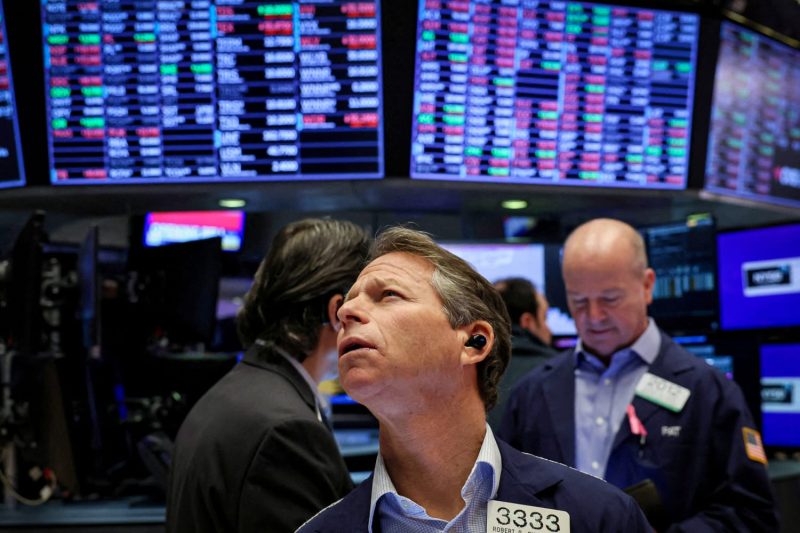Body:
The stock market is a complex and volatile entity, with fluctuations that are impacted by a multitude of factors including geopolitics, economic forecasts, corporate earnings, and indeed, inflation. Recently, it’s the latter that’s caused investors to sit up, sweat, and start nervously watching the tumultuous ebbs and flows. However, plenty of seasoned investors and analysts would advise you not to join the panic. It’s not for lack of a better phrase, but because history teaches us that the stock market and inflation have a unique relationship that’s worth understanding before hitting the panic button.
Understanding the Relationship
Stocks and inflation have a convoluted, and oftentimes misunderstood, relationship. In theory, stocks should provide some protection against inflation because companies can pass on higher costs to customers through price increases. However, in reality, this pass-through isn’t always feasible due to competitive pressures or weak economic conditions. If inflation rises quicker than companies can raise their prices, it could erode their profit margins, leading to a drop in stock prices.
However, this isn’t where the story ends. The relationship between stocks and inflation is heavily dependent on the broader economic context. For instance, there’s evidence to suggest that stocks can still perform well during periods of mild or moderate inflation, provided economies are growing at reasonably robust rates.
Inflation and Interest Rates
The stock market’s recent jitters over inflation spike are primarily tied to the potential impacts on monetary policy. If inflation continues to heat up, central banks are likely to respond by hiking interest rates to keep prices in check. Higher interest rates can have a dampening effect on the stock market because they make borrowing more expensive, potentially slowing economic growth. Furthermore, higher interest rates can lead to increased competition for capital, as fixed income securities become more appealing relative to stocks.
Historical Precedence
The past provides evidence that rapid inflation spikes are not a death knell for the stock market. In the 1940s, 1950s, and 1960s, stocks performed quite well during inflationary periods. In fact, when the US grappled with high inflation in the 1970s and early 1980s, the S&P 500 still managed to produce a positive real return — after adjusting for inflation.
Stay Calm and Keep Perspective
In the current scenario, it’s crucial to take a step back and maintain perspective. Yes, inflation fears are real, and yes, they have the potential to impact the stock market adversely. However, they’re only one piece of the larger macroeconomic landscape. Indeed, the state of the pandemic, consumer behavior, corporate earnings, and geopolitical events all have significant implications for the stock market.
Moreover, timing the market based on inflation forecasts is a risky strategy — not least because these forecasts are notoriously difficult to get right. Instead, prudent investors should focus on maintaining a well-diversified portfolio, which is the best defense against the vagaries of the market, including the specter of inflation.
In sum, while recent inflation scares may cause anxiety amongst investors, it’s essential not to allow this to precipitate rash decisions. The stock market’s inflation freakout isn’t an uncommon phenomenon and, as history would teach us, it’s certainly not a signal to abandon ship. Hence, riding the waves with a well-thought strategy can prove beneficial in the long run.
